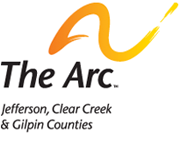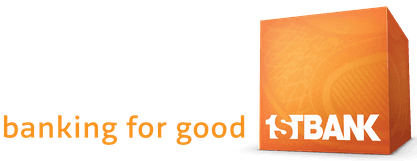Self-Determination
Please note the page/ website you’re currently using has replaced Jeffcotag.org as of August 14, 2020.
The term self-determination has many meanings in our global community. The phrase is a part of history used by countries and nations that grow more and more self-governing. Now the term is also used to describe the concept of people gaining skills and insights to govern their own lives.
The high school years are a period of transition for all students and their parents. Young people are learning and testing the responsibilities of adulthood. While they try out these new jobs and personal skills, parents, teachers and caregivers offer guidance on a daily basis. Parents know their children will learn by making their own decisions and experience the consequences, even negative consequences. On the other hand, parents and caregivers want to make sure young people are safe from making decisions and choices that could be hurtful or dangerous.
The transition from youth to adulthood for young people with disabilities can be more challenging. For students to experience making choices and decisions, they need to know what they want, and what they need. Finding out what they want and what they need is the process of self-discovery. It’s an exciting journey and like every young person includes stories of wrong turns and often funny asides of ‘worst job’ ever along the way.
The key to success is to be adaptable. Goals will change as plans are tried out. Success comes in the freedom of the journey. The opportunity to try out and learn it’s not what they thought it would be helps create a better choice the next time. That’s how young people learn what they want and need.
That skill of being able to weigh personal needs and interests is the essence of self-determination.
We can facilitate the self-determination process by making sure young adults have the skill and practice to communicate, in their own unique way, the strengths, interests any special needs they might bring. That helps young people focus their choices.
Preparing for life after high school is an ideal time for the student to participate in all decision-making processes that determine their futures. Students can be at the table for their Individual Education Program plans (IEP) and a part of the review of their goals to weigh in on what worked and what didn’t for according to them and their experience.
Person-Centered Planning is a tool for students to use in the process of self-determination
Person-Centered Planning is unique because the planning comes from the inside out. This means the student can share, from their perspective, what they want to try as they prepare for life after high school. This includes big life dreams, identifying what is positive and possible in the near future, figuring out who can help and how they can help and first steps to the future plan. They share the plan with their family and supports are put into place.
Then young person turns a goal into an experience. The experience becomes a store of self- knowledge. With that knowledge, the young person is ready to make another goal and choice through self-determination.
Local Resources:
Return to Main Page
This content was created by the Jeffco Transition Alliance Group (or TAG). TAG was a collaboration among The Arc – Jefferson, Clear Creek & Gilpin Counties, the Developmental Disabilities Resource Center and Jeffco Public Schools. In partnership and with grant funding from DDRC, a series of family-focused trainings have been delivered throughout past school years to equip students and their families in navigating a successful transition in their Life After High School. Due to family and community feedback the information was converted to self-guided learning.

